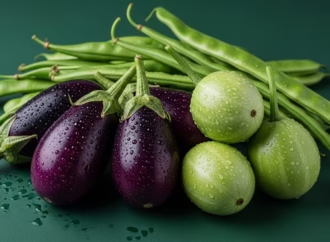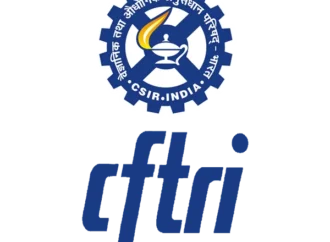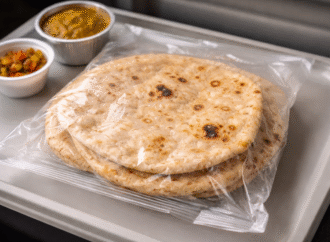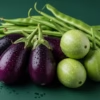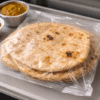Rising Popularity of Probiotics in India
Consumers across India are increasingly embracing probiotics to improve gut health and address digestive issues. Over the past four years, sales of probiotic products have doubled, as both leading brands and startups launch new offerings. According to the India Brand Equity Foundation, the market grew from ₹1,016 crore in 2021 to ₹2,070 crore.
Probiotics: Naturally Beneficial Microorganisms
Probiotic foods contain beneficial bacteria and yeasts that enhance health. Common strains include Lactobacillus, Lactococcus, Bifidobacterium, and Saccharomyces. These microorganisms support digestion, boost immunity, reduce certain allergies and infections, maintain a healthy gut microbiome, and suppress harmful bacteria. While probiotics are generally safe, some individuals may experience mild side effects. Traditional Indian foods are rich natural sources of probiotics. These include curd, buttermilk, yoghurt, dosa, idli, fermented milk, fermented soybean, and pazhankanji ( fermented rice gruel). These foods play a vital role in daily diets, particularly in South Indian households.
Pazhankanji and Curd: Traditional Superfoods
Fermented rice gruel (pazhankanji) and curd are powerful probiotic-rich foods that have long been part of Malayali diets. Fermentation increases the concentration of beneficial microorganisms. As rice ferments, its fibre content transforms into prebiotics—compounds that promote the growth of good bacteria.
Combining Probiotics and Prebiotics for Maximum Benefit
When consumed together, prebiotics and probiotics form a synbiotic combination, which enhances nutrient absorption and overall gut health. Dr. Sridevi Jayaraj, retired Senior Dietician at Kannur Government Medical College, recommends combining curd with pazhankanji. She also suggests adding a green chilli for a natural dose of vitamin C.
Source: Mathrubhumi
 Food Manifest
Food Manifest 
